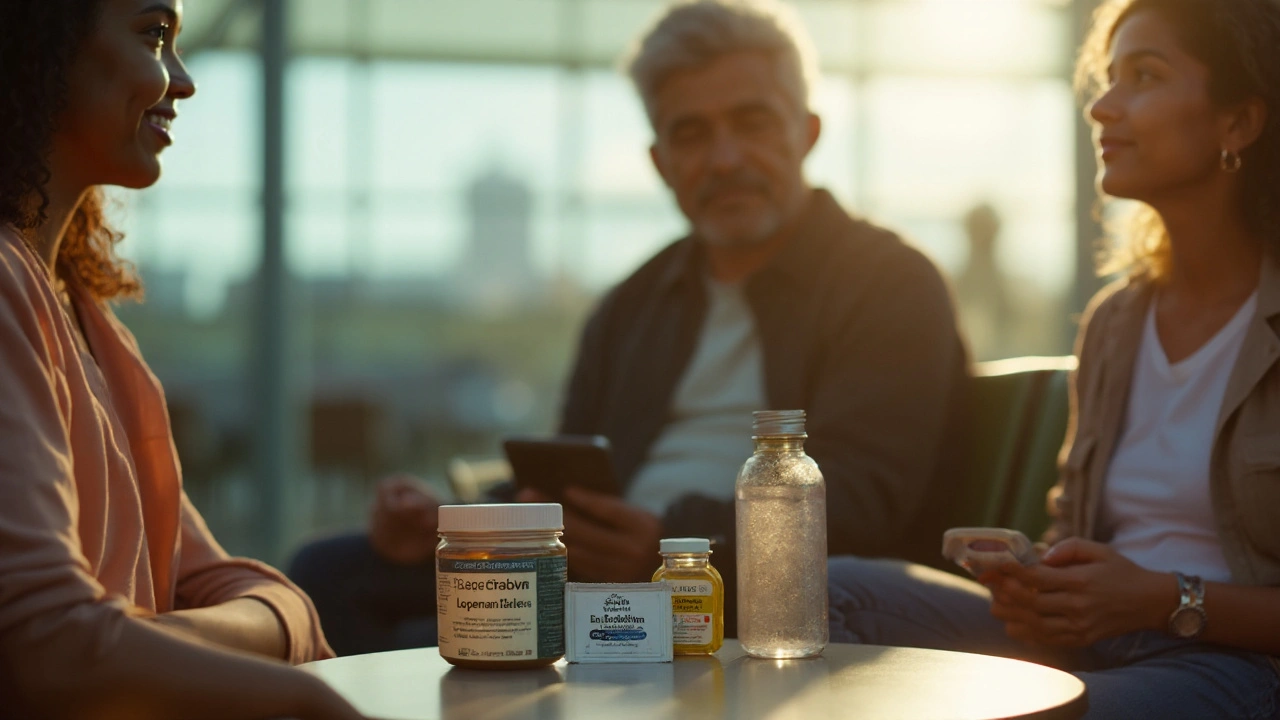Diarrhea Prevention: Easy Everyday Steps
If you’ve ever been stuck on a bathroom break because of food gone bad, you know how miserable it feels. The good news is that most cases of diarrhea can be stopped before they start. Below are simple habits you can add to your routine to keep your gut calm and your day uninterrupted.
Watch What You Eat and Drink
First off, pay attention to food safety. Wash fruits and veggies under running water, even if you plan to peel them. Raw sprouts, unpasteurized dairy, and undercooked meat are frequent culprits, so either cook them thoroughly or skip them when you’re traveling or eating out.
When you’re at a restaurant, ask the server how the dish is prepared. If you’re unsure about the temperature of the food, it’s safer to choose a well‑cooked option. Sticky fingers can also spread germs, so wash your hands with soap for at least 20 seconds before meals.
Drink safe water. In places where tap water isn’t reliable, stick to bottled or filtered water. Adding a pinch of salt or a squeeze of lemon to your water can boost electrolyte balance, which helps if you ever do get a mild bout.
Boost Your Gut Goodness
Your gut bacteria are the first line of defense. Include probiotic‑rich foods such as yogurt, kefir, sauerkraut, or kimchi in your daily meals. These live cultures crowd out harmful bugs and keep digestion smooth.
Fiber is another ally. Soluble fiber found in oats, bananas, and apples absorbs water and slows down the passage of food, reducing the chance of loose stools. Aim for at least 25 grams of fiber daily, but increase gradually to avoid gas.
Stay hydrated throughout the day. Water helps the intestines move food at the right speed and prevents dehydration if you do get a little upset stomach. Keep a reusable bottle at your desk and sip regularly.
Limit alcohol and caffeine when you notice they upset your stomach. Both can irritate the lining of the gut and increase the chance of diarrhea, especially on an empty stomach.
Stress can trigger gut issues, too. Short breathing exercises, a quick walk, or a five‑minute stretch break can calm the nervous system and keep your digestive tract steady.
Finally, don’t ignore the warning signs. If you experience frequent loose stools, blood, or severe cramps, it’s time to see a healthcare professional. Early detection can prevent a simple issue from becoming a bigger problem.
By keeping food safe, feeding friendly bacteria, staying hydrated, and managing stress, you give yourself a solid defense against diarrhea. These habits are easy to slot into a busy day and can save you from a lot of discomfort. Give them a try and notice how much smoother your day runs.

Loperamide for Diarrhea Prevention: Can You Use It Safely in 2025?
- Aug, 31 2025
- Daniel Remedios
- 11 Comments
Thinking about taking loperamide to prevent diarrhea? Here’s what actually works, when to use it, when to avoid it, and smarter prevention options for travel in 2025.
